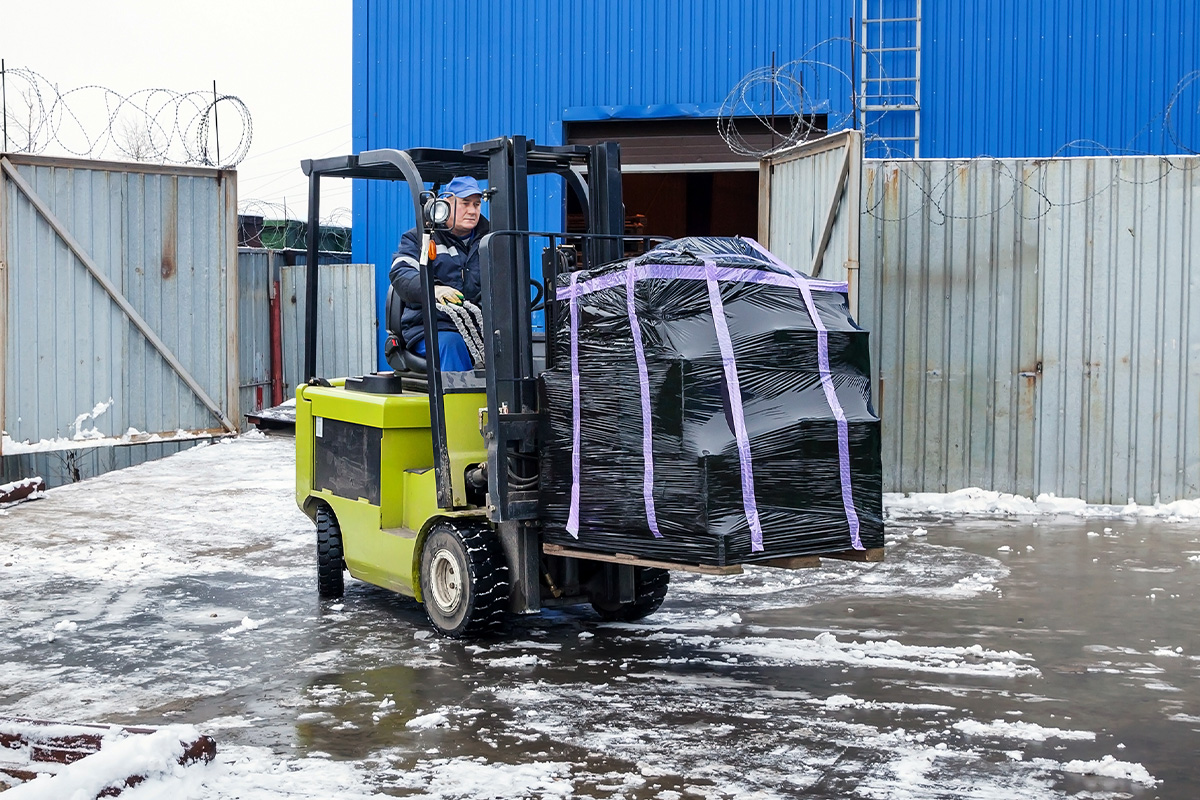
01 Mar, 2022/ by National Accident Helpline /News
As temperatures continue to drop, along with high winds and cold conditions, outdoor workers are at a higher risk of becoming the victim of a workplace accident.
With snow continuing to hit Scotland, and with region deemed to be a more dangerous place to work than England with one of the highest rates of fatal injury per 100,000 workers, it's more important than ever to be aware of how to stay safe when working outside.
From slips, trips and falls to travelling in adverse weather conditions, there are a number of risks you need to be aware of if you're working outside.
1. Avoiding slips, trips, and falls
According to statistics, in Scotland there are an estimated 41,000 non-fatal workplace injuries annually, with slips, trips and falls the most commonly reported, non-fatal accident across all industries in 2020/21.
As Scotland is at the centre of Britain's North Sea oil industry, many oil rig workers are at a higher risk of slips, trips, and falls when working outdoors during the colder months.
Wet and windy conditions also put outdoor workers at risk of slips, trips, and falls, and the freezing temperatures increase the likelihood of black ice and snow on outdoor surfaces. From more minor injuries such as bruising and sprains, to more serious fractures and breaks, it's important employers and employees take extra care.
2. Reducing the risk of falls
Construction workers are at a great risk of this when working on scaffolding in the cold, as the risk of falling is dramatically increased, due to surfaces becoming wet and slippery. In 2021 53% of all fatal injuries, due to falls from a height, were in the construction sector, which can vary from working outdoors on ladders, lorries, roofs, and machinery.
The Work at Height Regulations 2005 applies to all work taking place at a height where there is a risk of a fall, which is likely to cause an injury. Employers need to make sure that the appropriate risk assessments are carried out to avoid a fall occurring. If they fail to do this, and you suffer an injury as a result, you may be able to pursue a claim for compensation.
3. Staying safe using machinery
Working with machinery can pose risks at any time of year, but during the colder weather the risk of skidding on ice and snow is dramatically increased, so workers need to be aware of the risks and operate with caution.
To avoid an accident, it's important not to overload the forklift, drive carelessly or operated with the forks set too high. Seatbelts should always be worn, to ensure drivers are kept inside the roll cage in the event of an accident.
4. Commuting in cold weather
It's not just those working outdoors during adverse weather conditions that need to exercise extra caution. In the UK, one road accident happens every hour in snow, ice, floods, fog and darkness with 44,783 accidents in cold weather recorded between 2016 and 2020.
Workers who are on the roads, such as delivery drivers or salesmen, must remain vigilant. Injuries resulting from road traffic accidents can include whiplash, head injuries, and shoulder injuries. Skidding on ice or snow could also cause you to collide with another vehicle or a pedestrian.

Treacherous weather causes hazards that can result in a number of injuries, so employers should be taking extra precautions to avoid these.
All employers have a clear legal responsibility to make sure workers are safe in the workplace. This is called a duty of care and, if your employer has failed in theirs, you're likely to be entitled to seek work injury compensation.